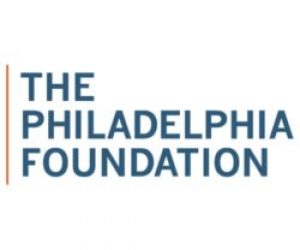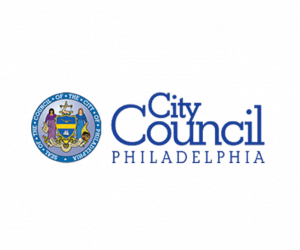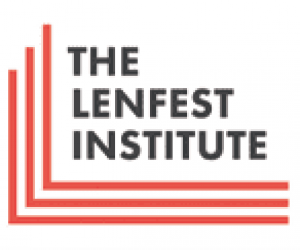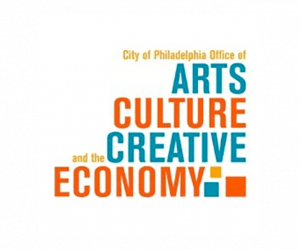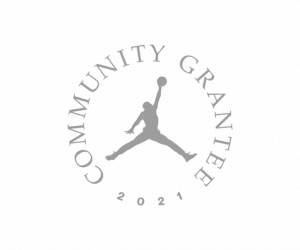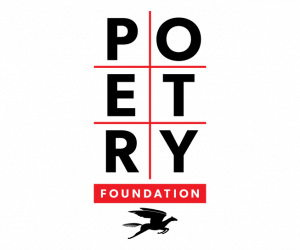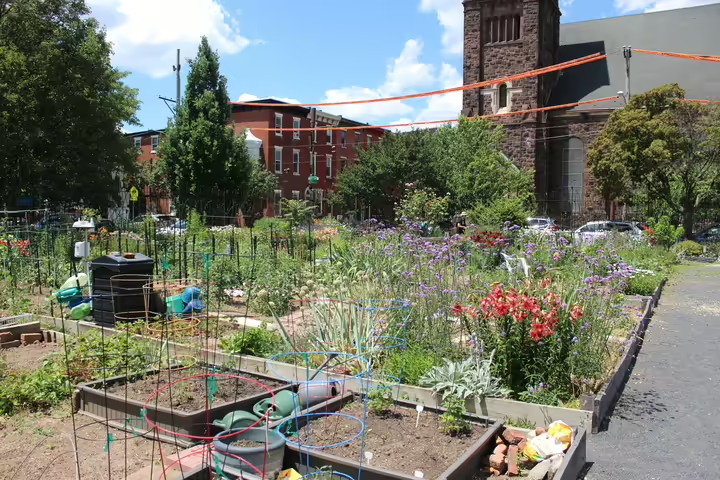
By Garret Fadeley, 2PuntosPlatform
In Philadelphia, the tradition of community gardening resonates deeply with some second-generation Latiné immigrants who strive to preserve cultural heritage amid urban constraints.
Miguel Ortiz, a longtime member of The Spring Gardens, located on the 1800 block of North Street, draws on over 22 years of gardening experience at the North Street location. Originally from rural Mexico, Ortiz reflects on the norm of growing and consuming homegrown produce, contrasting sharply with the limitations he faces in Philadelphia’s urban landscape.
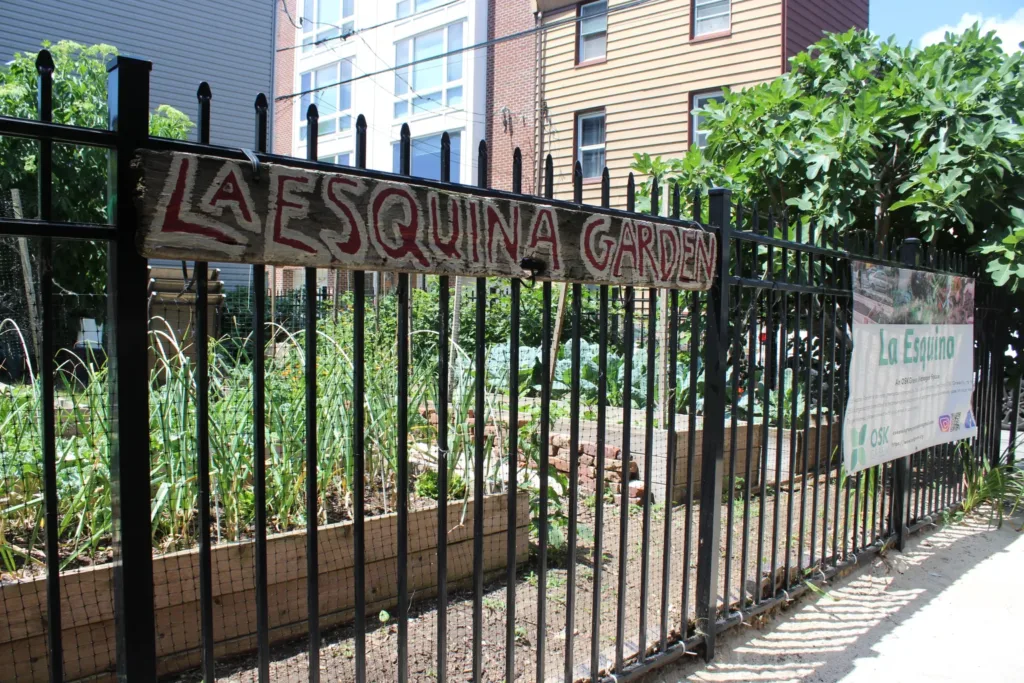
“Many in our community come from backgrounds where public transportation to grocery stores wasn’t a necessity,” Ortiz observed.
Ortiz is grateful that his second-generation daughters have embraced gardening, but worries about future generations who may not see it not just as a hobby but as a cultural practice passed down through generations.
In Philadelphia, second-generation Latine gardeners cultivate plots alongside family, friends, and neighbors, creating a communal atmosphere filled with laughter and shared stories during planting and harvest seasons. This vibrant community reflects a deep-rooted connection to the land and cultural heritage.
Programs like Junior Farmers, part of Farm Philly’s youth agriculture initiative at 15-20 recreation centers, play a crucial role in supporting these cultural traditions by providing resources and education, recognizing immigrants’ contributions to the city’s cultural tapestry.
But there are also concerns in the Latine community about declining interest in gardening among younger generations, threatening the continuity of this vital tradition. UNESCO’s Importance of Incorporating Local Culture into Community Development report underscores the importance of integrating local culture into community development efforts to engage residents and preserve their cultural identity.
“Providing a local linkage and cultural basis for development is important,” the report stated, emphasizing how people are likely to participate in and remain committed to development efforts to which they have a direct connection.
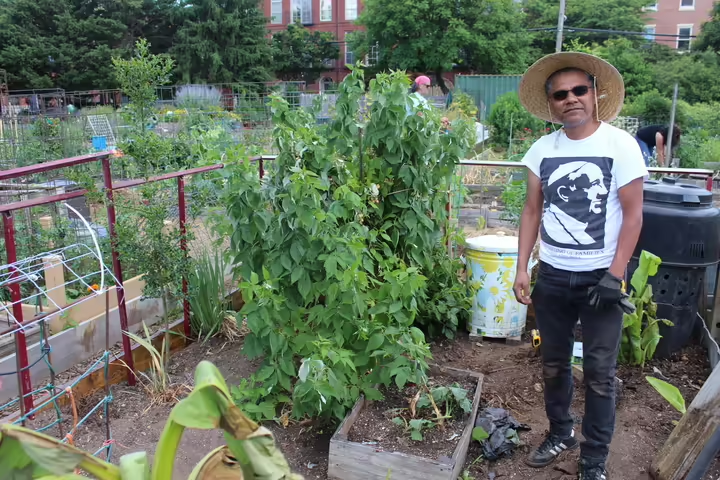
And a community-based research project published in the National Library of Medicine stated, “Community-based agriculture has been found to decrease food insecurity and alleviate health inequities. Furthermore, it provides a sense of ownership, resources to help integrate new communities, and a space to nurture existing cultural identities for intersectionality diverse gardeners.”
Without an interest for the need to carry on culture, if not sustenance, combined with a lack of opportunity to do so in many urban centers, many traditions, including self-sufficient, are at risk.
However, Latine participation in community gardening faces numerous obstacles in cities like Philadelphia where accessible land is scarce. Residents without space at home often must contend with waiting lists or financial barriers to secure gardening plots. Starting new gardens requires navigating bureaucratic processes and meeting specific requirements, further complicating grassroots efforts.
Those who decide to pursue options on land without following the legal process may find their garden reclaimed by the city, or developers.
Maintaining a community garden involves significant dedication and resources, often requiring assistance from the Pennsylvania Horticultural Society (PHS). Adam Hill, PHS’s community gardens program director, noted a recent surge in demand, with 37 spring applications for community garden sponsorship, underscoring persistent wait-list challenges.
PHS has a pre-screening process to ensure that gardeners are fully committed to participating.
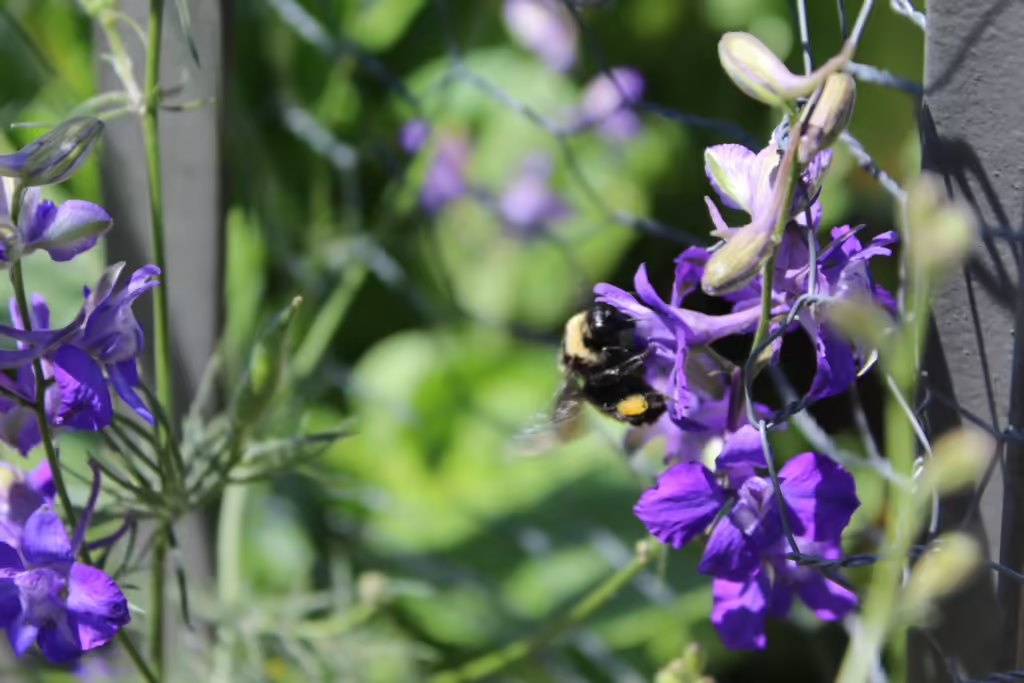
“People do different amounts of work, so there’s a lot to it,” Hill said, referring to those who may express interest. “We say people aren’t ready because we don’t want to invest a lot of our time or resources. By completing a community garden workshop program, we know people are really committed and ready to go. If our staff feels like they’re ready, we’ll invite them to submit an application.”
Critics highlight inefficiencies within the Philadelphia Land Bank, tasked with managing publicly owned land. Former Philadelphia Councilmember Maria Quiñones-Sánchez, who helped sponsor the creation of the land bank here in 2014, is concerned.
“They haven’t put in force the annual program statement as required and they haven’t updated their strategic plan, that’s every three years,” Quiñones-Sánchez said. “I know that for a fact.”
Mayor Cherelle Parker’s efforts to revitalize the Land Bank have faced setbacks, including understaffing and transparency issues, discouraging developers and community stakeholders from utilizing available resources effectively.
Calls for reform emphasize prioritizing grassroots organizations and community access to land for projects like community gardens, important for fostering local engagement and cultural preservation.
Growing and cultivating one’s own food is at risk of being lost for some. For first-generation immigrants in the Latiné community, there’s a sense of concern about the waning interest in gardening and cultural traditions among younger generations.
At Spring Gardens, established in 1995, first and second-generation Latiné cultivators gather, fostering familial bonds and community cohesion. For Ortiz and his daughters, these gardens are essential connections to their heritage, enhancing their quality of life amid urban challenges.
Ortiz draws attention to the belief that soon money to buy food will become useless and that society will revert back to a do-it-yourself process of growing.
“I am most thankful that my girls understand the importance of taking advantage of what the Earth provides for us,” Ortiz said. “And it is only a matter of time before a bag of a hundred pounds of seeds exceeds the worth of a bag of a hundred pounds of gold.”
2PuntosPlatform is a hyperlocal media that uplifts Latines who live and have migrated between both regions, existing as a reminder that we count in both places, here in the United States and there in Central and South America and the Caribbean.
Love Now Media, MetroPhilly and 2PuntosPlatform are three of more than 25 news organizations powering the Philadelphia Journalism Collaborative. We do solutions reporting on things that affect daily life in our city where the problem and symptoms are obvious, but what’s driving them isn’t. Follow us at @PHLJournoCollab
This article was originally published by Metro Philadelphia in collaboration with 2PuntosPlatform on June 26, 2024.



